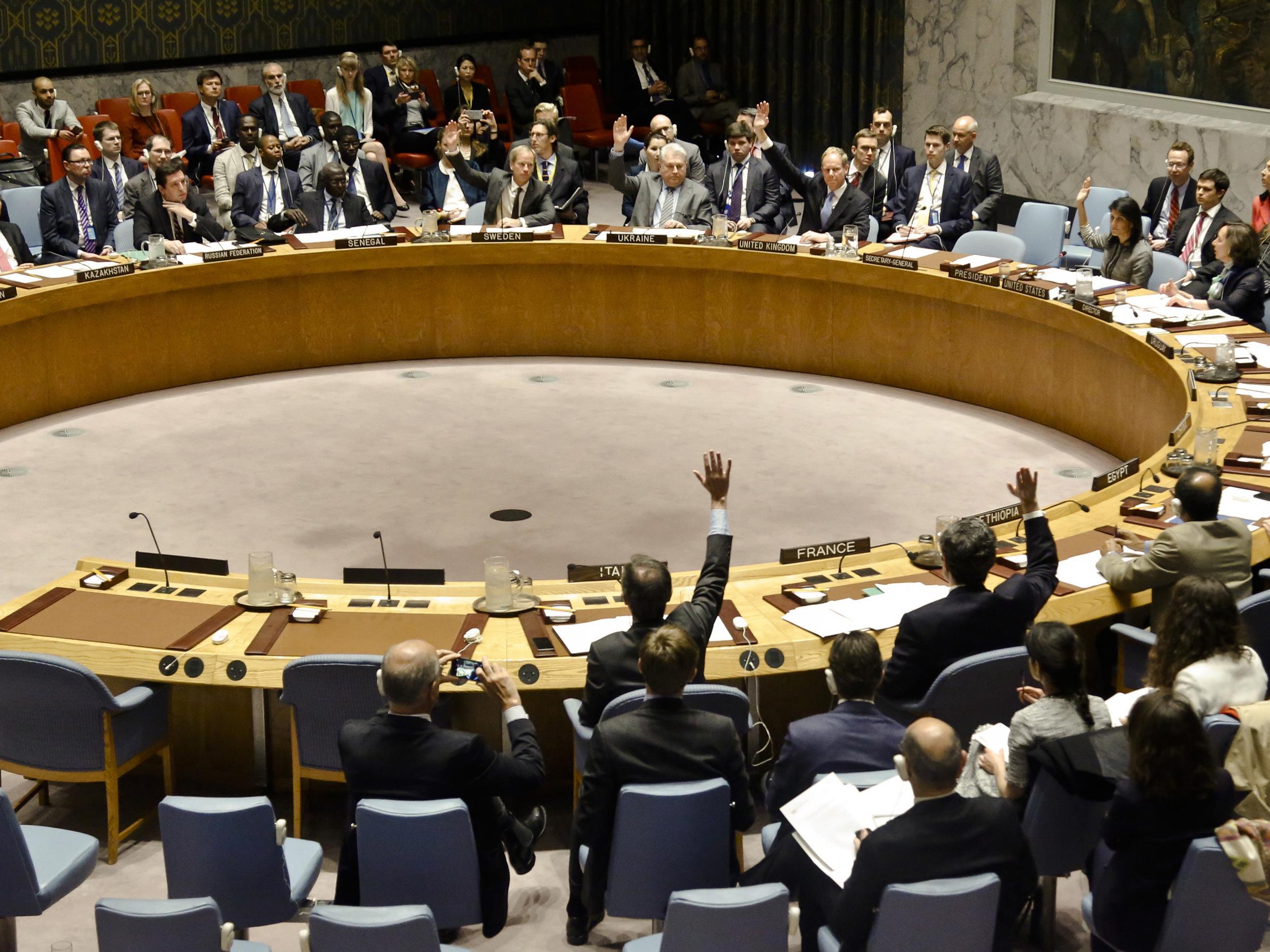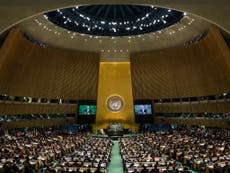In a world where the UN stands accused of child rape, big business can be a force for good
Philanthropic groups spend their money on legal cases against corporations because funding litigation is one of the best ways to improve human rights


We rarely hear stories of good corporate behaviour in our newspapers. Good news doesn't sell. That is why we think corporations are bad. We usually hear of the bad apples.
We do hear about disasters such as the burst tailings dam in Brazil that killed many local villagers. But did your news outlet tell you that the very same company, rightly subject to legal action in Brazil, also set up a very successful anti-malaria program in Mozambique that has saved lives for more than a decade? This program reduced adult malaria infection from 92 per cent of the adult population to less than 10 per cent.
Are we setting the right tone of public debate and public policy if we don't give credit where it’s due, and not just a kicking where it is certainly overdue? In a world of “fake news” and echo chambers, we have a responsibility today more than ever to look at the balance of argument and steer away from such simplifications as “corporates always evil”.
Just like the United Nations, for example, isn't always a force for good – demonstrated through its implication in the systematic abuse of children – corporations are not always bad.
The 311 cases of sexual abuse perpetrated by UN staff and peacekeepers in 2016 alone (and this is just the accepted number) were able to occur because the UN is not held to account legally or financially for its actions. Already two dozen accusations have been lodged against the UN this year alone, including for child rape, with no significant sign of there being any real change to protect the children and punish the perpetrators.
Meanwhile, in part thanks to strong regulation and proper legal oversight, there is good news from the corporate sector. The California Transparency in Supply Chains Act 2010, the UK Modern Slavery Act 2015 and the new French Corporate Duty of Vigilance Law all encourage better behaviour, and punish poor behaviour, by corporations.
While governments may sometimes be slow to respond, a new breed of “philanthropic lawyers” are also leading the charge, by suing corporates for humanitarian outcomes. We see an increasing number of law firms bringing cases under a growing domain of “failure to prevent harm”.
Philanthropic groups now understand that funding litigation of this sort is a very cost effective way of driving improvements in human rights. For a relatively modest outlay, a funder may be able to deliver a significant financial and reputational blow to a major multinational, the ripple effect of which could be seismic.
Added to this there is a growing number of "sustainable" investment funds that look to invest capital and retirement savings into companies that demonstrate good corporate behaviour, not just because it is good but because it is profitable. When sustainable investing started a decade or so ago most marketing material conceded that good ethical investing would have a lower than market return. However data shows this to be untrue. AT Kearney, the global consulting firm, did a study for the UN Principles for Sustainable Investment secretariat when I was its chair. It showed that an example pool of ethical investing funds had out-performed the market.
When asked why, it seemed the answer was simple: good behaviour has lower operational risk, and therefore better risk adjusted returns. (It’s worth remembering, however, that during the same period alcohol, tobacco, firearms and porn investments were also high performers.)
Behind this lesson lies an old reality that we ignore: the world is myriad shades of grey, not black and white. “Good” is not always good; “bad” is not always bad. We would have a better performing society if we could have public debate that acknowledged that.
Andrew MacLeod worked as an aid worker for the Red Cross in Yugoslavia and Rwanda in the 1990s and for the UN in Pakistan, Afghanistan as well as other locations in the 2000s. He has previously written about the UN and child rape here
MacLeod is the author of ‘A Life Half Lived’, published by New Holland Press and can be followed on Twitter @AndrewMMacleod



Join our commenting forum
Join thought-provoking conversations, follow other Independent readers and see their replies